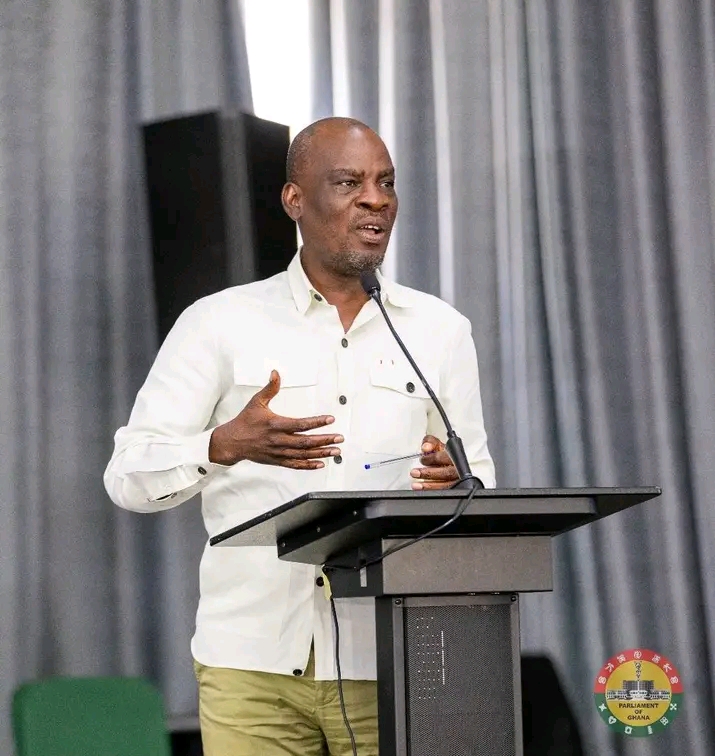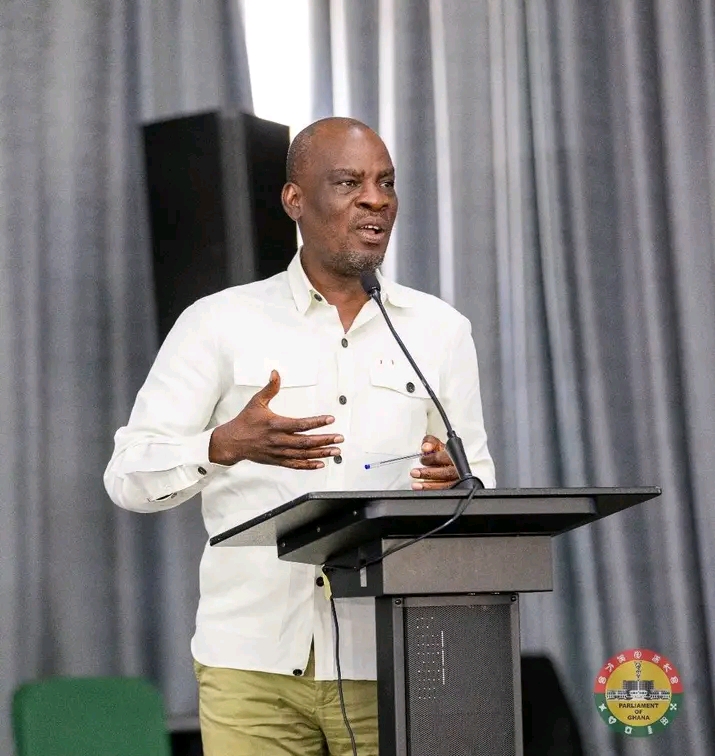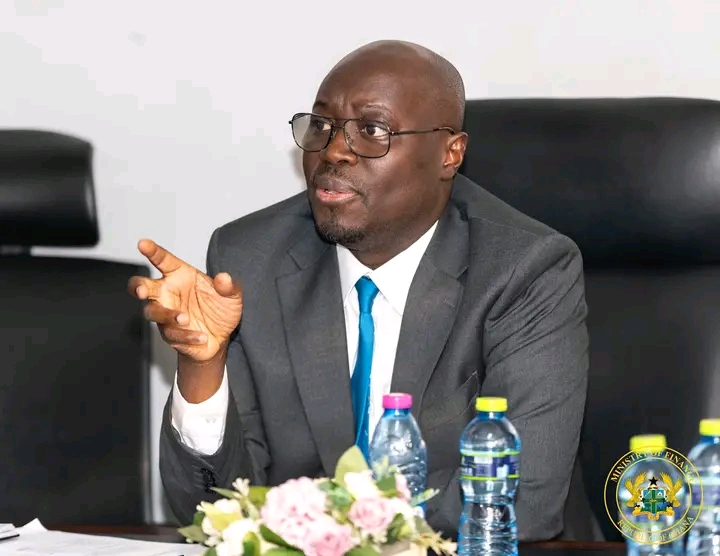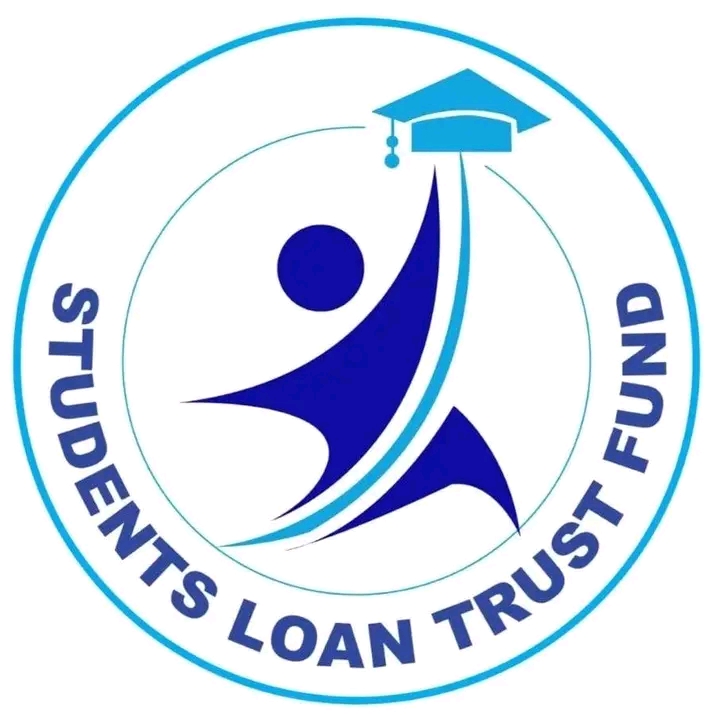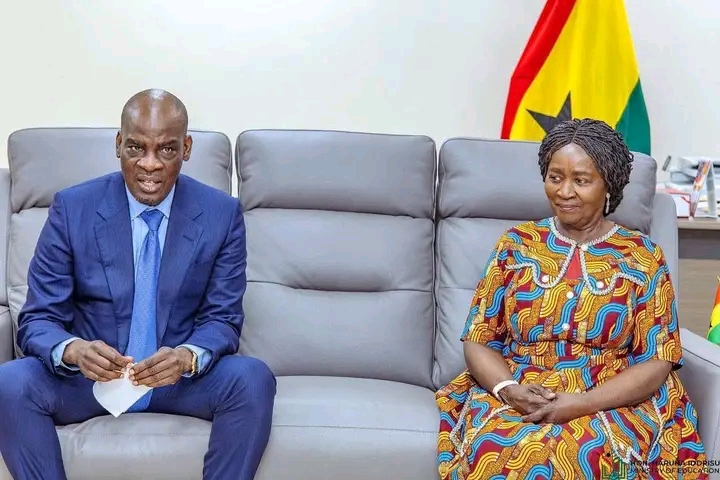By: Kenneth Appiah Bani
The Minister for Education, Haruna Iddrisu, has announced an ambitious plan to overhaul the funding framework for special needs education in Ghana, signalling a renewed national commitment to improving learning outcomes and support systems for children with disabilities.
Speaking at a meeting with heads of special needs and integrated schools, Mr. Iddrisu underscored the urgency of establishing a more reliable and structured financing model tailored to the specialised needs of learners with disabilities.
“We are preparing a Cabinet Memo for the attention of the President and my colleagues in Cabinet to take a major decision on the future of special needs education in Ghana,” the Minister said, emphasising the need for decisive action to address long-standing funding gaps.
According to him, government is considering an annual budgetary allocation ranging from GHS 65 million to GHS 100 million to support special needs learners nationwide. The funding is expected to be sourced from the Ghana Education Trust Fund (GETFUND), marking what could become the most substantial investment in special needs education in recent years.
As part of the proposed reforms, the Ministry of Education is also exploring the possibility of doubling the current unfunded grant, increasing it from GHS 8 to GHS 15 per student per day. Mr. Iddrisu noted that the cost of delivering quality support for children with disabilities has risen significantly, and a funding adjustment has become necessary to match current realities.
The Minister reaffirmed government’s resolve to ensure that all learners with special needs fully enjoy the benefits of the free education policy. Planned investments will focus on upgrading school infrastructure, improving accessibility, equipping classrooms with modern assistive devices, and strengthening support services for learners across the country.
In a further boost, he revealed that GETFUND will extend free tertiary education to all persons with disabilities, a move expected to expand access and remove financial barriers for thousands of students from basic to tertiary level.
Education stakeholders have welcomed the announcement, describing it as a long-overdue step toward creating an equitable learning environment for all Ghanaian children. If approved by Cabinet, the reforms could significantly transform the future of special needs education nationwide.
